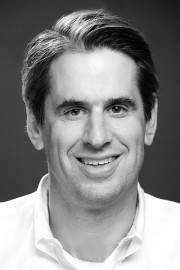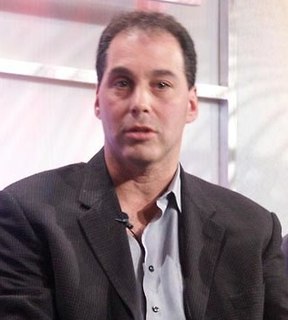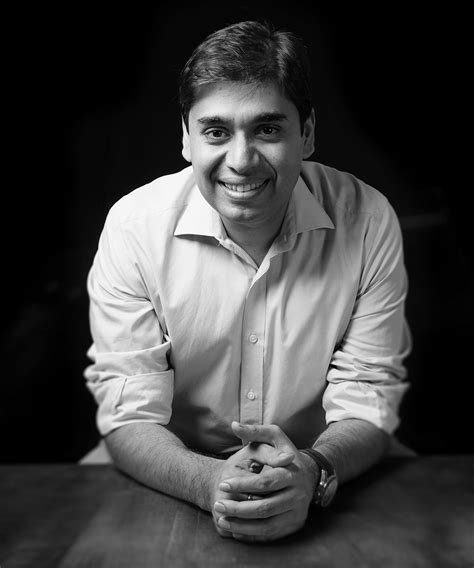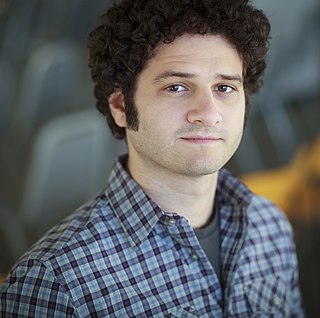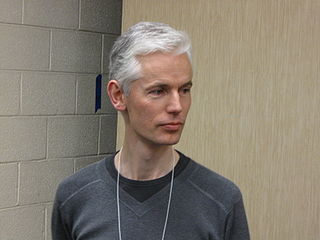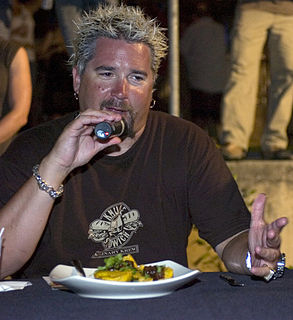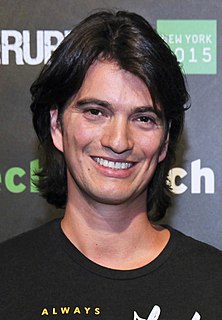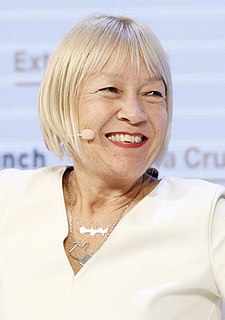A Quote by Bill Gurley
Facebook has stitched together your social graph. The idea of an interest graph is to bring together everyone that has shared interests. If I can isolate the people who are into mountain biking in Marin, in one place, the ability to put ads against that is really high.
Related Quotes
Facebook's a wonderful, incredible way to bring humanity together. They've brought together 2 billion people in the largest fictional family in history. So young people are starting to empathize with each other through Facebook across the globe. This is wonderful. However, when everyone needs Facebook because it's so successful that everyone's on it, then it starts to look like a global public utility, a public good. Same with Amazon.
The greatest weapon the colonial powers have used in the past against our people has always been his ability to divide and conquer. If I take my hand and slap you, it might sting you because these digits are separated. But all I have to do to put you back in your place is bring those digits together.
At the other end of the spectrum is, for example, graph theory, where the basic object, a graph, can be immediately comprehended. One will not get anywhere in graph theory by sitting in an armchair and trying to understand graphs better. Neither is it particularly necessary to read much of the literature before tackling a problem: it is of course helpful to be aware of some of the most important techniques, but the interesting problems tend to be open precisely because the established techniques cannot easily be applied.
I've never really been into flags of any kind, cause flags can bring people together, but they always bring people together against other people, and I don't really consider myself to be a patriot in the sense that I say, 'okay, this is my nation,' I consider myself to be a child of this whole planet.
